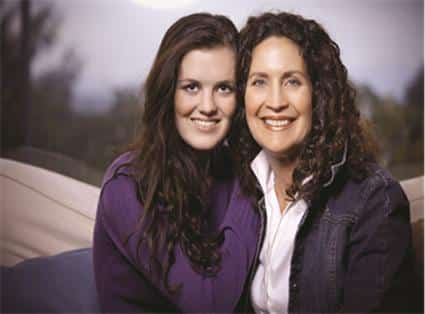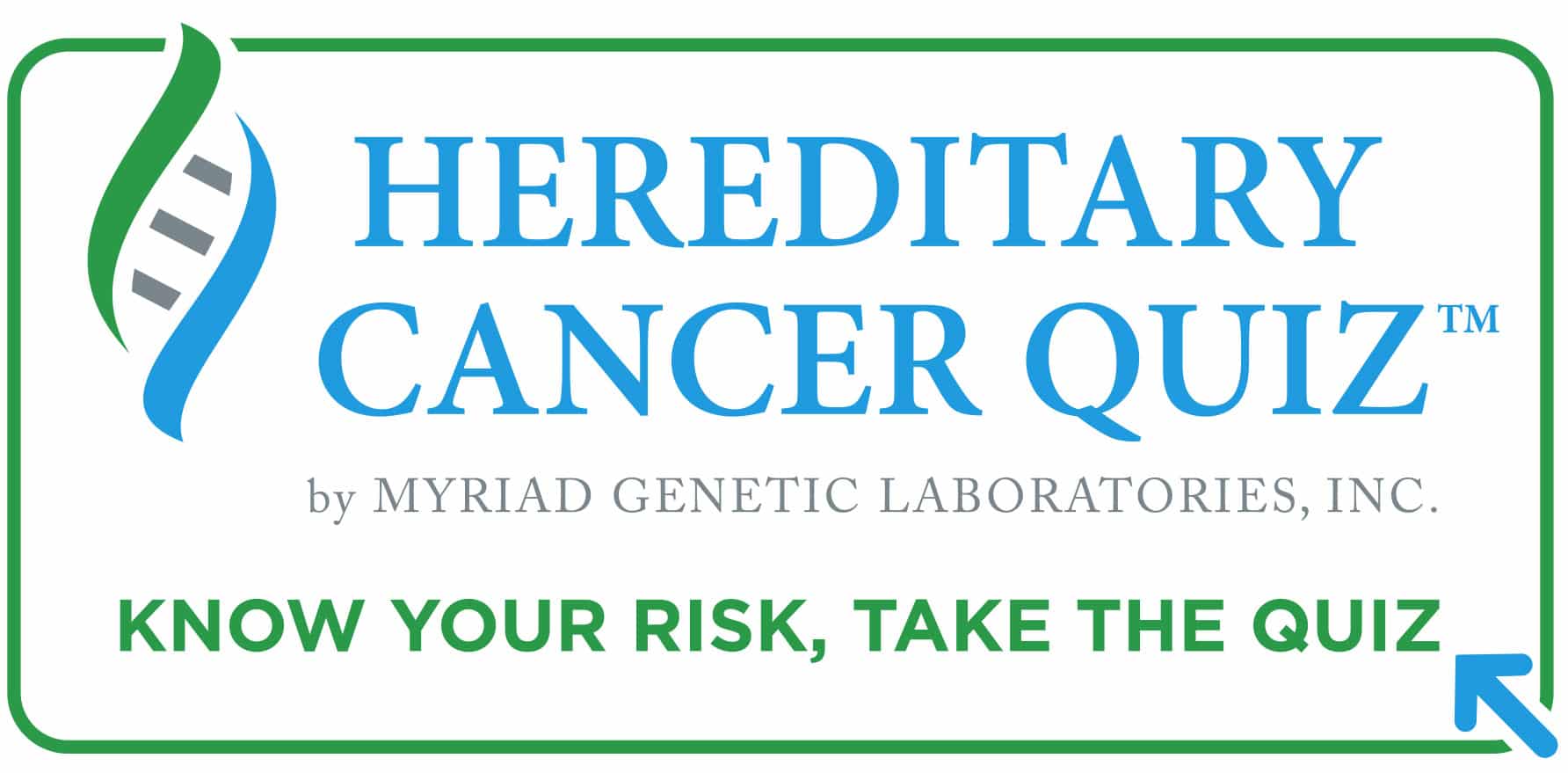1 in 40 Ashkenazi Jews – men and women – carries a BRCA gene mutation, more than 10x the rate of the general population, making Jewish families significantly more susceptible to hereditary cancer, which could include breast, ovarian, pancreatic, prostate, melanoma or male breast cancer.
Sephardic Jews may also be genetically predisposed to hereditary cancer, but their risk to carry a BRCA mutation has not been identified to be as high as the risk for Ashkenazi Jews. If you or someone in your family has tested BRCA+ or carry another gene mutation (e.g. CHEK2, ATM, PALB2, a Lynch
syndrome mutation), whether or not you have been diagnosed with cancer, we can help.
Why BRCA Testing is Important
Those who carry mutations in these genes can make choices that can improve the ability to find cancer at an earlier stage. Options include specialized breast cancer screening by annual MRI/mammogram, or risk reducing surgery to remove either the breasts, or the ovaries and fallopian tubes.
Both male and female mutation carriers have a 50% chance to pass these mutations to the next generation. An individual who carries a mutation may be able to use In-Vitro-Fertilization (IVF) and Preimplantation Genetic
Testing (PGT) to screen embryos to avoid passing a mutation to the next generation.
It’s very important for those diagnosed with breast, ovarian, male breast, prostate or pancreatic cancer and Ashkenazi Jewish ancestry to have testing for these genes. Carriers might find out they are at risk for additional cancers
for which preventative measures exist. Their positive results are able to make the negative results of their close relatives more informative. A negative result means more when we know what is causing the cancer in the family. Finally,
those testing positively may qualify to take targeted medications specific to the BRCA1 or BRCA2 mutation.
To learn more, please consider a private and free conversation with our board certified genetic counselor.




